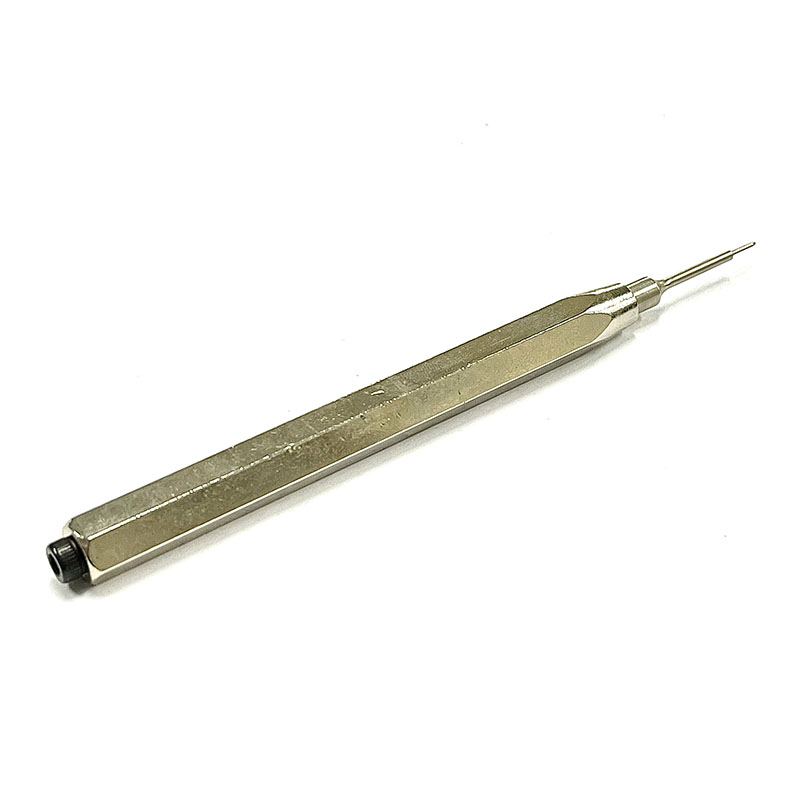installation tool
Welcome to contact us.
Installation tools come in a wide range of types and designs, each serving a specific purpose. They can be handheld, powered, or computer-controlled devices, depending on the complexity of the installation task. Some common examples of installation tools include screwdrivers, wrenches, drills, crimping tools, cable pullers, and alignment tools.
The primary function of an installation tool is to simplify the process of assembling, connecting, or securing components or systems. These tools provide the necessary force, torque, or precision required for proper installation. They are designed to ensure tight fastenings, accurate alignments, and secure connections, ultimately contributing to the overall reliability and performance of the installed components.
Installation tools are widely used in industries such as construction, manufacturing, automotive, telecommunications, and electronics. They are employed in various tasks, such as assembling machinery, installing electrical wiring, mounting fixtures or equipment, connecting pipes, and performing maintenance or repair work.
The selection of the appropriate installation tool depends on the specific installation requirements and the nature of the components being installed. Factors such as size, shape, material, and complexity of the components play a role in determining the suitable tool for the job. It is crucial to choose a tool that provides the necessary functionality and meets safety standards.
